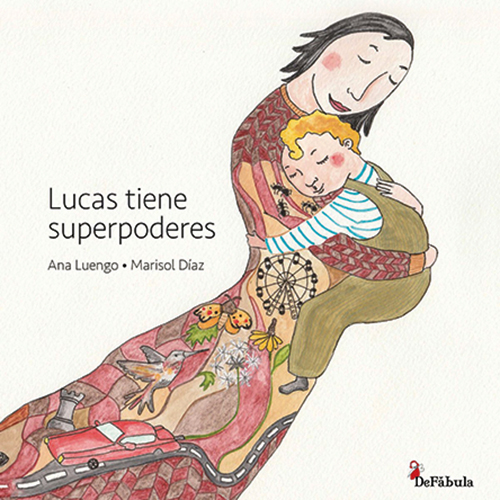
Ana Luengo, assistant professor of modern languages and literature for San Francisco State University, is a seasoned editor and author.
Although her most recent publication may not be considered scholarly — it’s a children’s book — she hopes it will help children and adults alike gain a greater understanding of autism. It’s also deeply personal.
Lucas tiene superpoderes, published in Spain, was inspired by Luengo’s 11-year- old son Niklas, who is autistic, and her 9-year-old daughter Milena, who is not. Translated, the title means “Lucas has superpowers.” The book targets read- ers ages 6 to 10, and Luengo believes it is the first of its kind about autism written in Spanish for that age group.
The story is told through the eyes of 8-year-old Pablo, who struggles to under- stand why his cousin Lucas seems different than other kids. Lucas’s mother explains that her son is autistic.
Luengo was inspired to write the book (illustrated by Marisol Díaz) when her daughter Milena, who was in kindergarten at the time, began asking questions about her big brother and found no books avail- able in Spanish that explained the disorder to children. Lucas tiene superpoderes includes a question-and-answer section meant to stimulate discussion. “It’s about having a conversation afterward, not just reading the book and going to sleep,” Luengo says.
Today, Niklas speaks and writes in English and German, understands Spanish, earns A’s and B’s at school and enjoys drawing, writing novels, playing soccer and chess, and superheroes — not necessarily in that order.
“It’s very, very important not to reinforce stereotypes about autism,” Luengo says. “Every child with autism has different potential, and they each have the right to reach their potential.”
Return to Language Barriers or Boosters?
By MARY KENNY